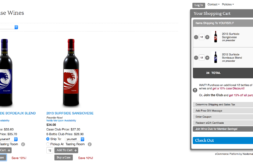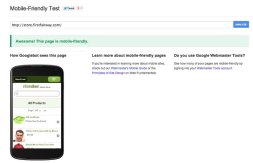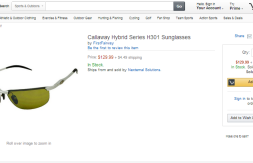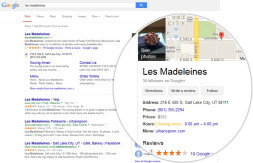Effective Keyword Research Tips to Improve Organic SEO

When it comes to search marketing, keyword research is the one of the most important activities with the best return on investment. Ranking for the right keywords can be the difference between attracting visitors that are just browsing vs. attracting potential buyers that are ready to purchase. Below are some useful tips that will help you identify the “right” keywords:
- Understand – which sources and keywords are driving traffic to your site. Google Analytics provides a comprehensive analysis of the keywords people have used to find your site.
- Brainstorm – an initial list and make sure to “get it all down”. Examine as many relevant sources as possible and pay particular attention to human sources such as your customers, customer service & sales teams, the media, etc. It is important to think critically about your business and all of the possible ways people might search for you (e.g. products/services, problems/solutions, industry terms, issues/trends, etc.). DO NOT rely solely on Google Adwords!
- Assess your competition – by analyzing your competitors’ site copy, links, title tags, and meta descriptions. Also note which words/phrases they’re using in their blog posts and press releases. SEO is predicated on competition, so your success is effected by how well (or not so well) your competitors’ sites are optimized.
- Use a keyword research tool – to find and generate additional keyword suggestions, study estimated search traffic, and understand keyword popularity, competitiveness, and trends. Available tools include Google Keyword Planner, Wordtracker, SEMRush, Market Samurai, and Bing Keyword Research Tool.
- Evaluate and identify –keywords based on overall organic traffic, level of competition, and relevance. Aim for “long tail keywords”, or more specific multi-word phrases, which are typically less competitive to rank for organically, and offer more relevance to the searcher. Remember specificity equals intent. For example, a person searching for “shoes” is probably just browsing, whereas someone searching for “Nike Air Max ’95 size 11” practically has their credit card out and is ready to buy!
- Keyword-optimize – your content by integrating keywords into your website/online store. This includes product and category names & descriptions, title tags, meta descriptions, and image alt tags. Be sure to use keywords in the right context and avoid stuffing too many on a single page. Don’t forget to keyword optimize other content such as blog postings, news releases, social media posts, sales materials and presentations.
Once your content has been optimized, monitor your analytics using keyword reports. It is important to remember – it’s not just about high search engine rankings, it’s about relevant traffic, conversions, and sales!














